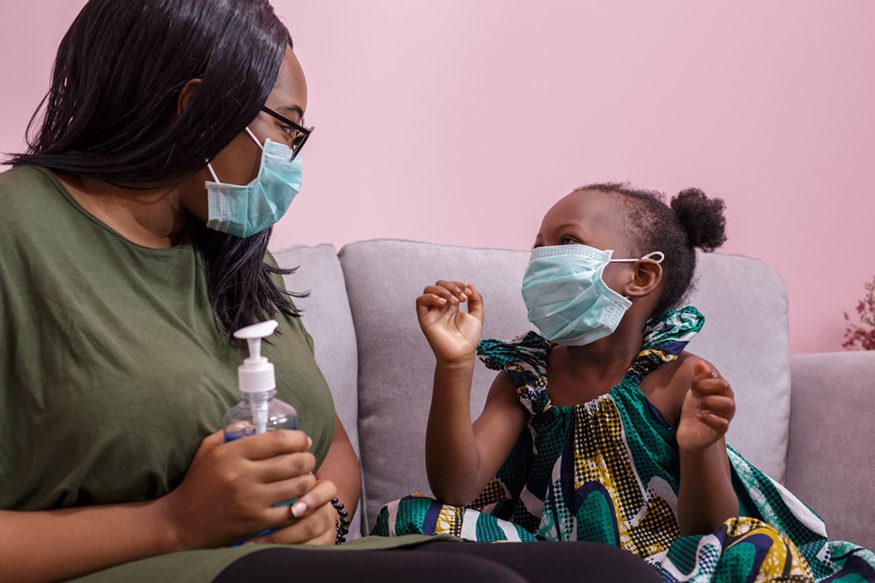By Michele Learner
Bread for the World emphasizes that racial equity in the United States is both critically important, and absolutely essential to ending hunger.
Our country is continuing to understand systemic racism and the incalculable damage it has caused and continues to cause—particularly to African Americans, Indigenous people, and other people of color, but also to U.S. society as a whole, our collective values, and human decency.
For much more about racial equity and hunger in the United States, see Bread for the World’s Racial Equity resource section.
One area of racial equity globally concerns how countries can help improve racial equity in international relations. This is undeniably important in its influence on hunger.
Policy shapes who is hungry, where, and specific reasons why, which informs the mission of Bread for the World’s work to change policy to end hunger. It is clearly an enormously complex, albeit essential, undertaking for the United States to do everything it can to achieve racial equity around the world.
Nearly every country has committed to the Sustainable Development Goals, which call for ending hunger in all forms of malnutrition by 2030, and the principles “leave no one behind” and “reach the farthest behind first” may be familiar to many.
The latter principle, in particular, is intertwined with racial equity. Following it requires a similar process of determining specifically which people and communities are most likely to live with hunger, collecting information about their circumstances and needs, and then developing and implementing policies that will raise them to a more level playing field.
One way anti-hunger advocates such as Bread members could effectively approach racial equity globally might be to focus on the question of how U.S. development assistance could seek to contribute to partner countries’ own efforts to improve equity, and on how programs in sectors such as nutrition and health might go about actually doing it.
Racial equity may not be a commonly heard term in many countries. Among other reasons, views on who belongs to marginalized groups and what should be done to help them can vary. But the general concept is closely tied to frameworks and objectives that may already be part of many nutrition, health, and agriculture programs, whether managed by countries themselves or by USAID.
For example, U.S. government foreign assistance programs can, and often do, address hunger in populations that have the highest rates. These communities are often also historically marginalized and oppressed.
USAID’s Food for Peace program in Uganda has focused on the Karamoja region, a region that had historically been neglected by the national government in terms of investment in development and improving the quality of life. USAID’s Suahaara program in Nepal provided increased services to disadvantaged groups, acknowledging that they are disproportionately impacted by hunger and poverty.
The United States can also learn from the experiences of others with more experience working on international anti-racism efforts. Racial equity is vital both to human dignity and ending global hunger and should be a clear priority for the United States.
Michele Learner is managing editor, policy analysis, with Bread for the World.



